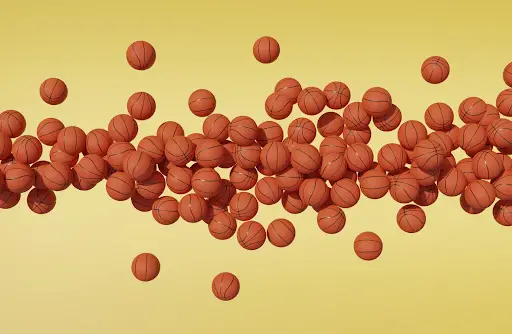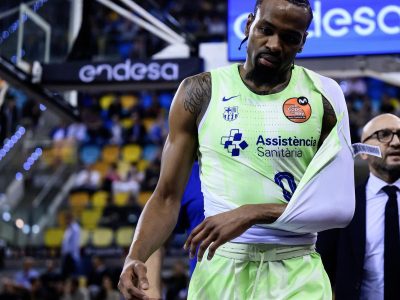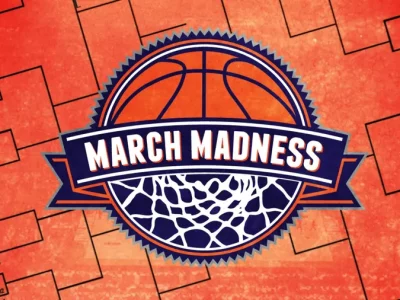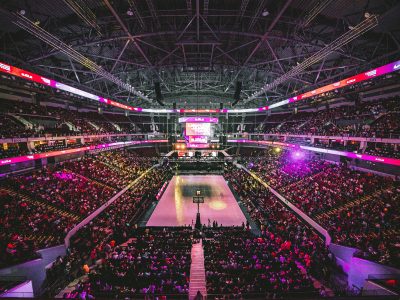When it comes to shooting hoops, nailing those three-pointers isn’t just about practice and technique. Your diet plays a massive role too! Have you ever wondered what fuels the pros to dribble, dunk, and dash across the court with such energy? Well, it’s all about a carefully curated diet brimming with essential nutrients that keep these athletic powerhouses going.
So, if you’re looking to step up your game or simply curious about the dietary secrets behind these court kings and queens, you’re in for a treat. Let’s talk basketball nutrition!
Macro Nutrient Needs
Proteins
Proteins are the building blocks of our muscles, quite literally. They’re essential for muscle repair and recovery, especially after a heavy workout or an intense game on the court. When you play basketball, your muscles undergo micro-tears due to the physical strain. These micro-tears are actually a good thing! They trigger your body to repair and strengthen the muscles, making you stronger over time. However, this repair process heavily relies upon proteins.
Consuming adequate protein provides your body with the necessary amino acids, which are the crucial components needed for this muscle recovery and rebuilding process. Therefore, a protein-rich diet is a non-negotiable part of any basketball player’s nutrition plan. The pros know this too well; that’s why their diets often include lean meats, dairy, legumes, and protein supplements to ensure they’re always game-ready!
Fats
Fats often get a bad rap in nutrition talks, but they are actually essential for sustained energy, especially in a physically demanding game like basketball. Unlike fast-burning carbohydrates, fats provide a slow and steady release of energy necessary for long-duration activities. They are like the slow-burning logs in your energy fireplace.
Further, fats help your body absorb fat-soluble vitamins such as A, D, E, and K, which are vital for your overall health and athletic performance. These vitamins support a range of functions, from bone health to immune response, and they can only be effectively absorbed with the help of dietary fats.
Also, fats add flavor to food, making your diet more enjoyable. So, do not shy away from avocados, nuts, seeds, and oily fish, as these foods are rich in healthy fats. Remember, it’s all about balance in your diet for peak basketball performance!
Carbohydrates
Similar to the way that gasoline fuels a car, carbohydrates fuel your body, providing immediate and essential energy that helps you stay at the top of your game. When you consume carbohydrates, your body converts them into glucose, which is your body’s primary source of energy. This glucose is then stored in your muscles as glycogen, ready and waiting for when you need that quick burst of energy on the court.
While protein and fats are important for muscle repair and sustained energy, carbs are the go-to source for that immediate energy pick-me-up. So whether you’re sprinting for a fast break or leaping for that clutch rebound, it’s carbs you have to thank for that spring in your step.
A diet rich in carbohydrates is hence essential for any NBA player. Foods like whole grains, fruits, and vegetables are great sources. Remember, it’s not just about quantity but also the quality of carbs you consume. Opting for complex carbohydrates over simple ones can provide a more steady release of energy, keeping you fueled for longer. So, next time you’re prepping for a game, don’t forget your carbs! They’re your body’s best friend on the basketball court.
Micro Nutrient Needs
Just as a car needs oil to run smoothly, our bodies need vitamins and minerals to perform optimally. These micronutrients, although required in small amounts, are vital for various bodily processes and for maintaining peak performance. Let’s delve into some of them:
Vitamins
Vitamins, particularly B vitamins like B6, B12, and folic acid, are essential for energy production and can help basketball players sustain their energy levels during a game. They are involved in converting the food you eat into usable energy, thereby fueling your performance on the court. Foods rich in B vitamins include whole grains, meat, eggs, and dairy products.
Antioxidant vitamins, such as vitamins C and E, aid in muscle recovery by reducing oxidative stress caused by intense physical activity. Citrus fruits, berries, nuts, and seeds should be a part of a basketball player’s diet for their rich antioxidant content.
Minerals
Minerals like iron, calcium, and magnesium play crucial roles too. Iron is involved in oxygen transportation to the muscles, a vital process during a physically demanding game. Foods like lean meat, beans, and fortified cereals are great sources of iron.
Calcium and magnesium contribute to bone health and muscle function. Dairy products, leafy greens, nuts, and seeds are excellent choices for these minerals.
Meal Timing
Meal timing is a crucial aspect of a basketball player’s nutrition strategy. Knowing when to eat can significantly impact an athlete’s performance and recovery.
Before a Game:
A pre-game meal should be consumed approximately 3-4 hours before the game. This meal should be high in complex carbohydrates for sustained energy, moderate in protein, and low in fat and fiber to prevent any gastrointestinal discomfort during the game. Additionally, hydration is key, and players should start hydrating hours before the game.
Post-Game:
Within 30 minutes to an hour after the game, a recovery meal or snack should be consumed. This meal should contain both carbohydrates and proteins – carbs to refill the depleted glycogen stores and protein to aid muscle recovery. Again, hydration is crucial after the game to replace fluids and electrolytes lost during the game.
Snacks:
Snacks in between meals can help maintain energy levels throughout the day. They should be a good balance of carbs, proteins, and fats.
Remember, everyone is different, and what works best for one player might not work for another. It’s all about finding what food and timing work best for your body. Try different strategies during training to find what suits you best for game day. The optimal nutrition strategy can give you that competitive edge you need to excel on the court!
Conclusion
Nutrition plays a pivotal role in a basketball player’s performance, recovery, and overall health. It’s important to remember that there is no “one-size-fits-all” approach to nutrition, so players should experiment with different foods and timings to find what works best for their bodies. Ultimately, a well-rounded, balanced diet can support players in achieving their best performance on the court, helping them rise to the NBA standings. Remember, you are what you eat, so make every bite count!









